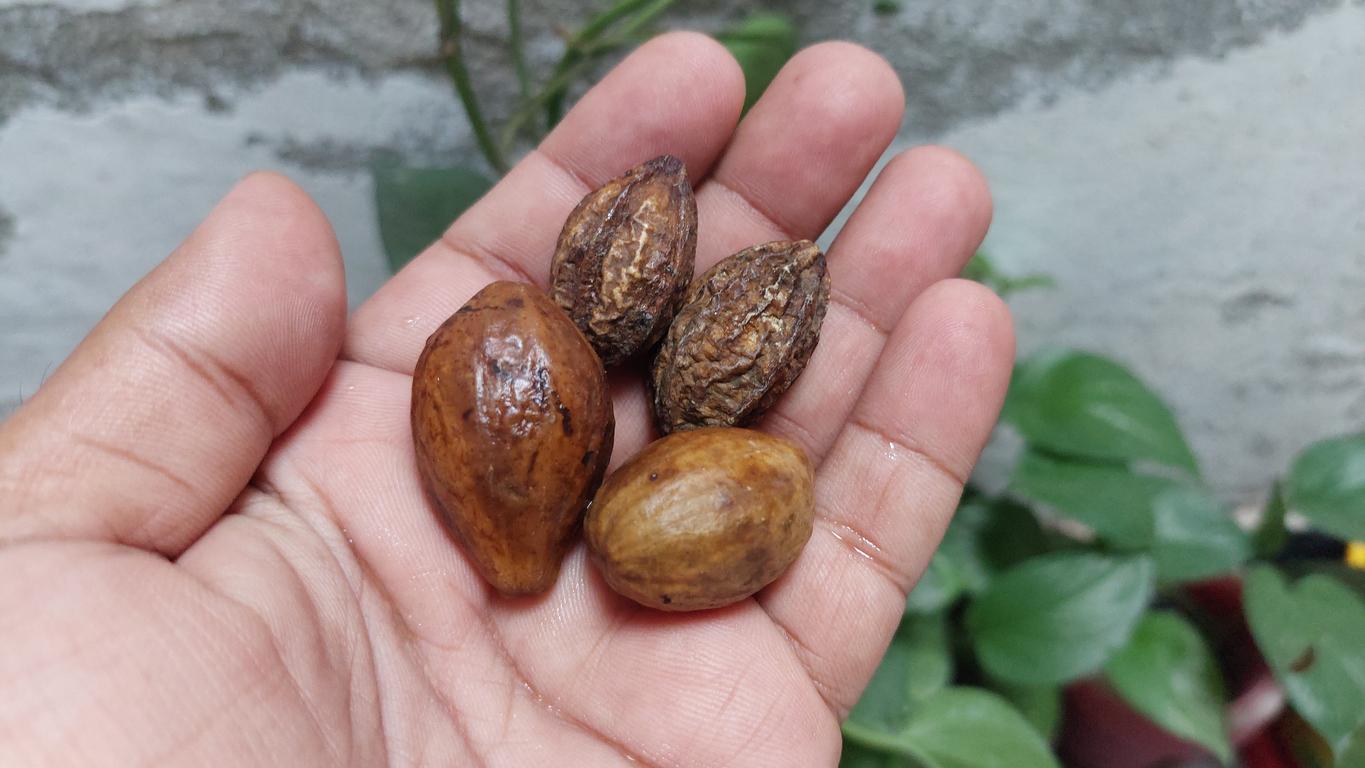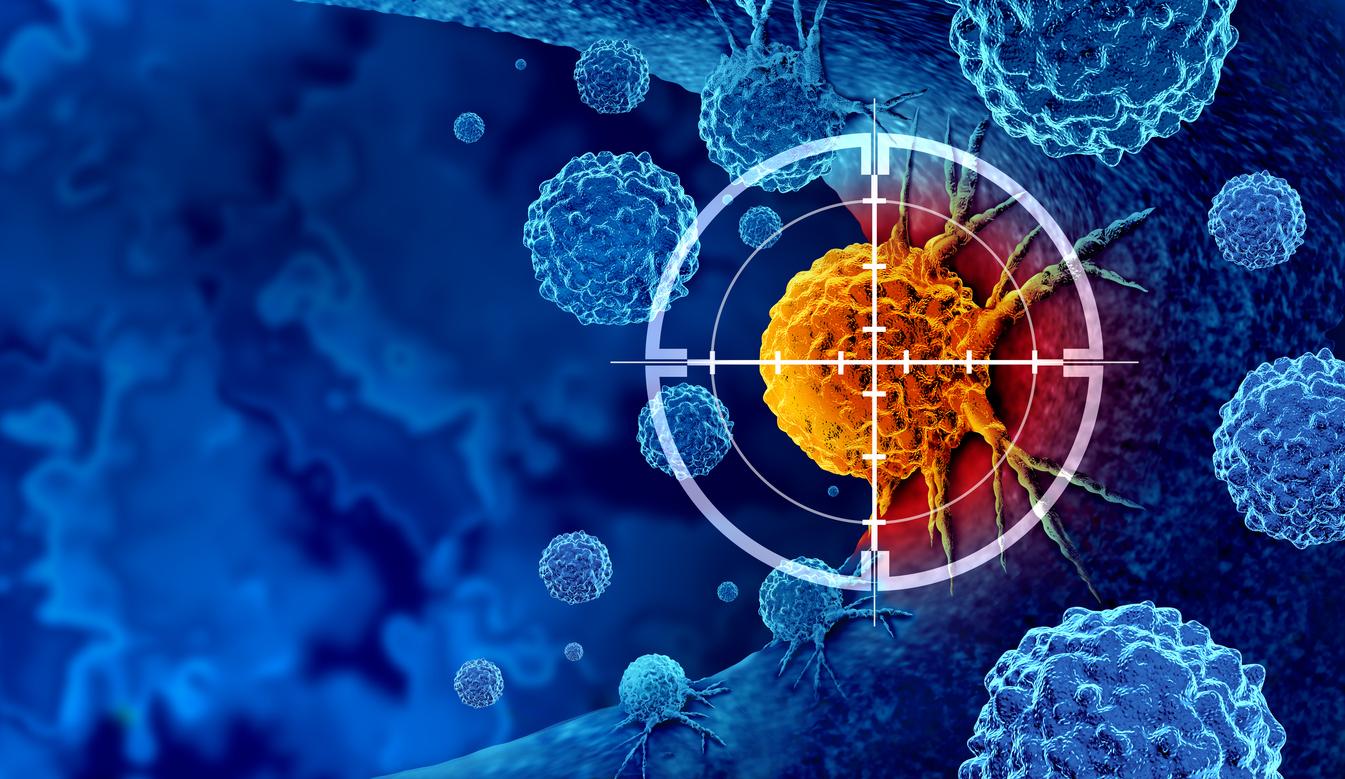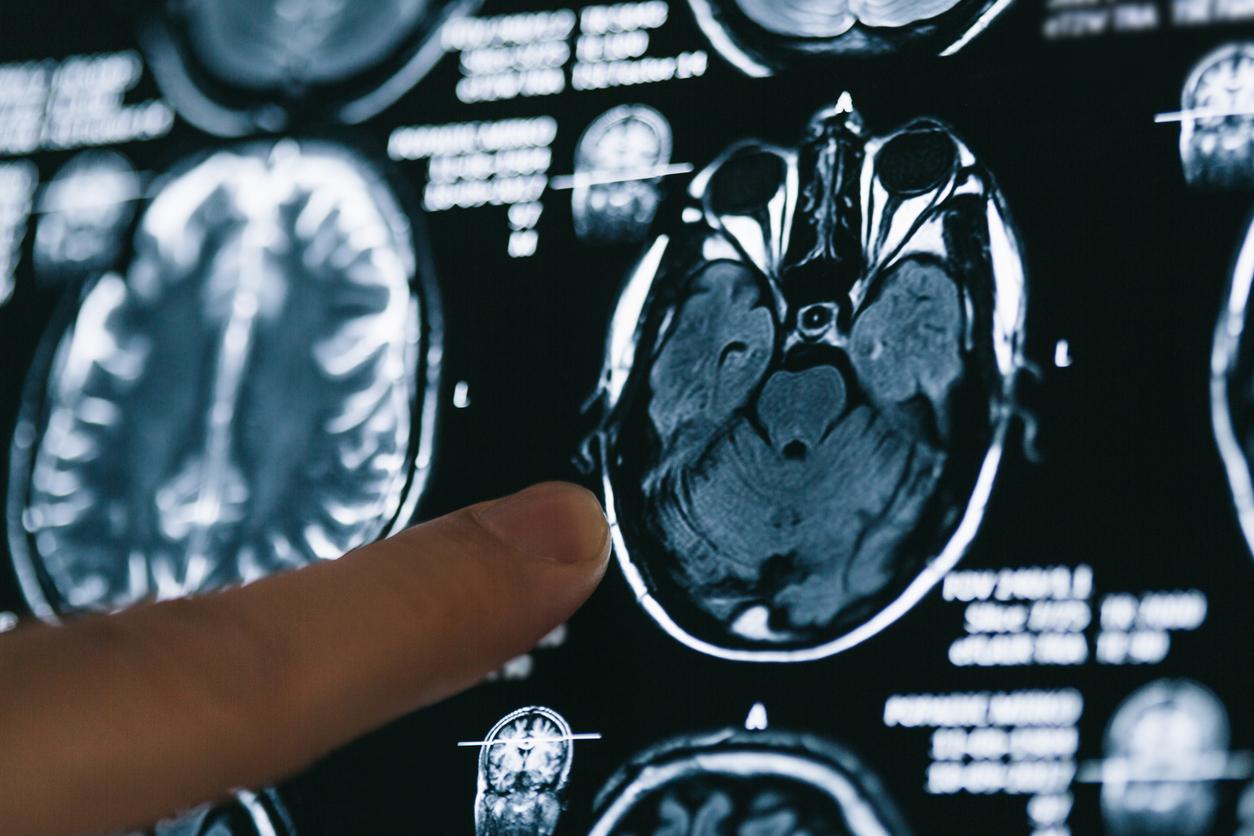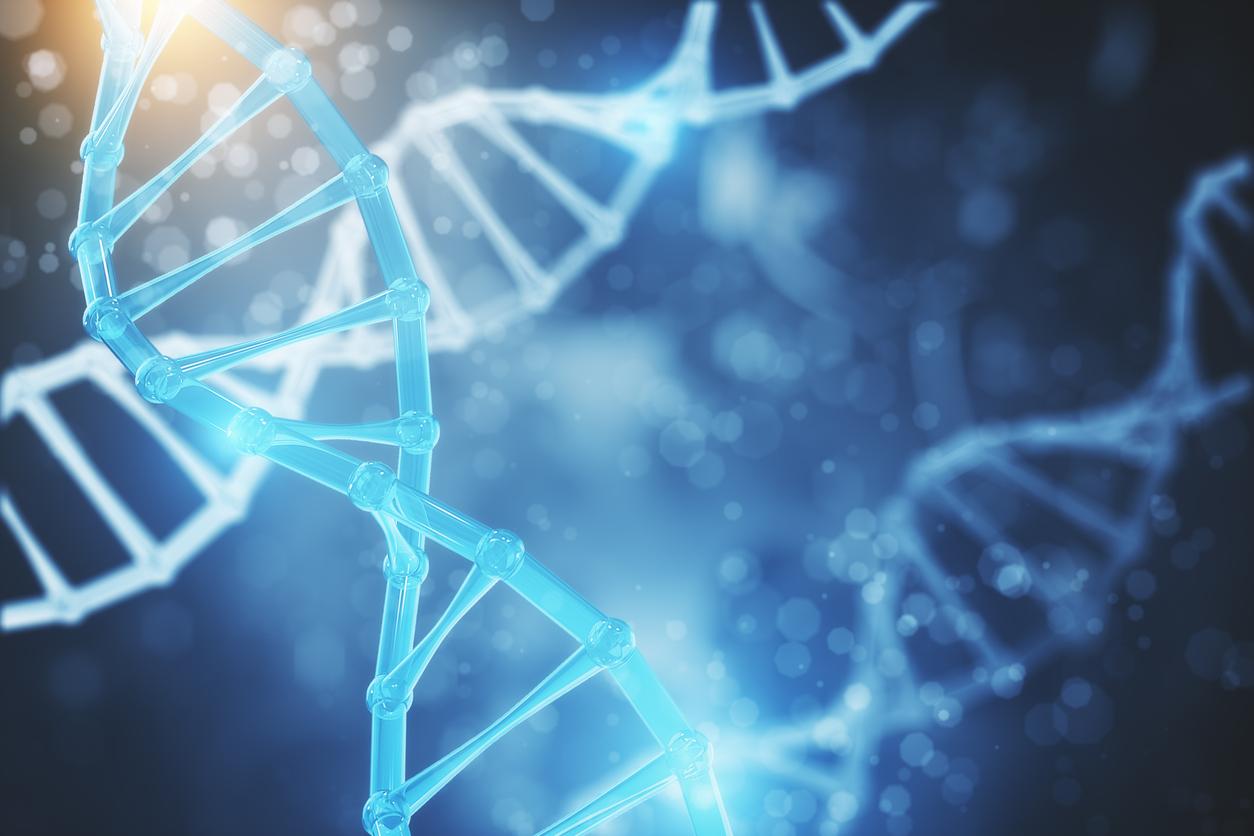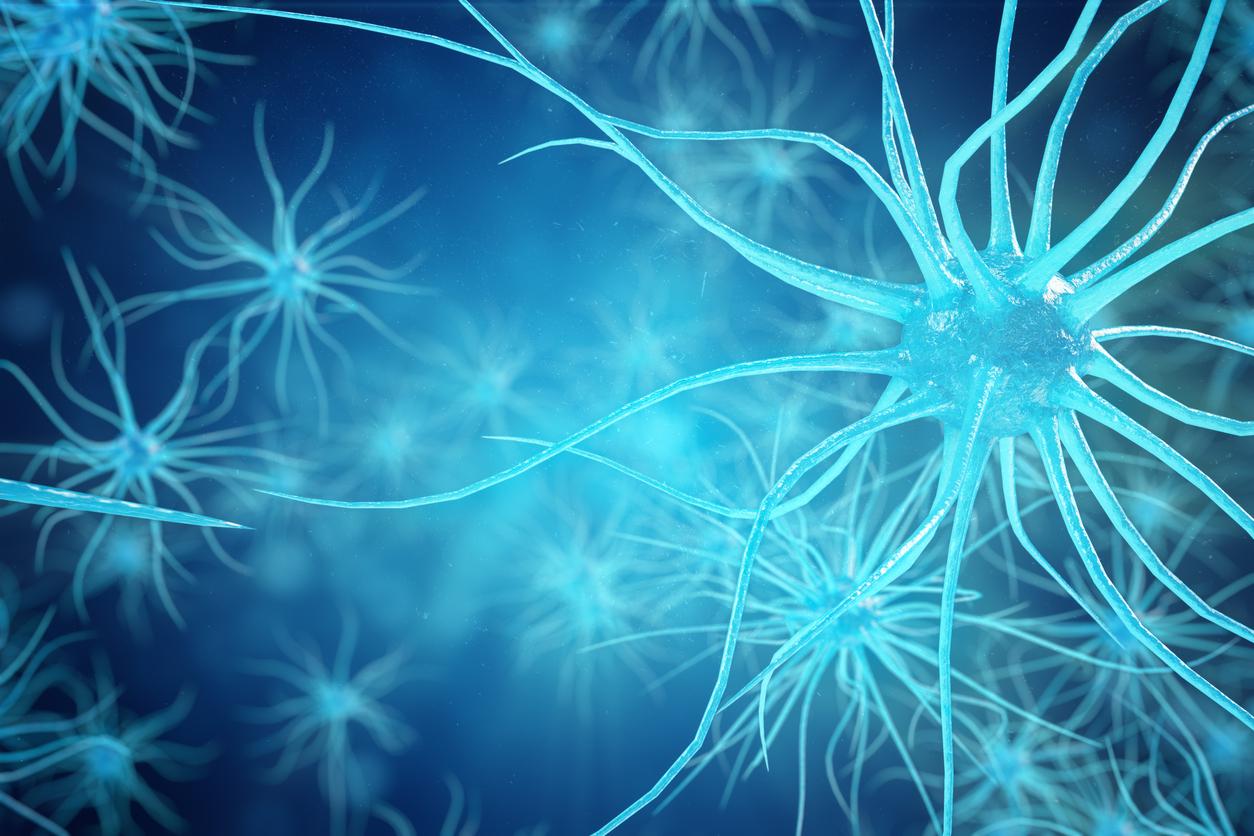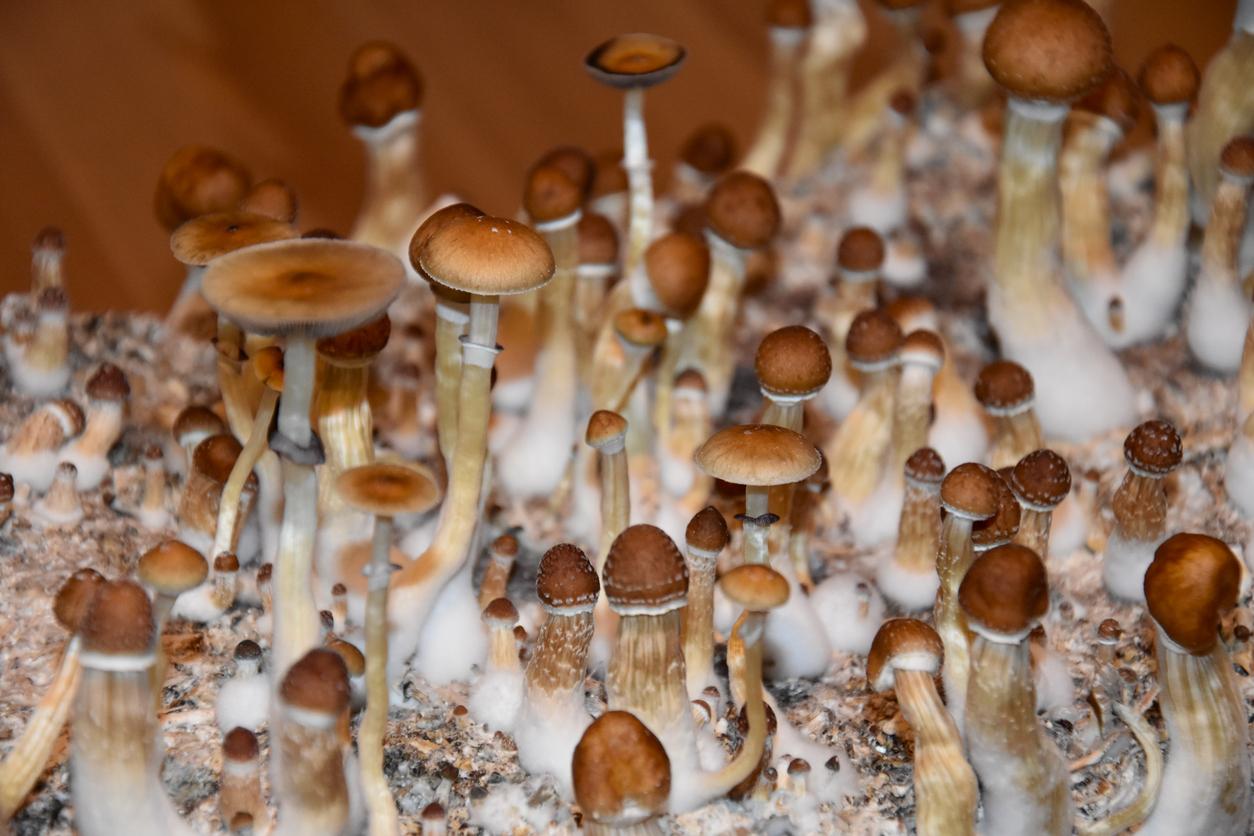A new vaccine is bringing hope to people with aggressive breast cancer.
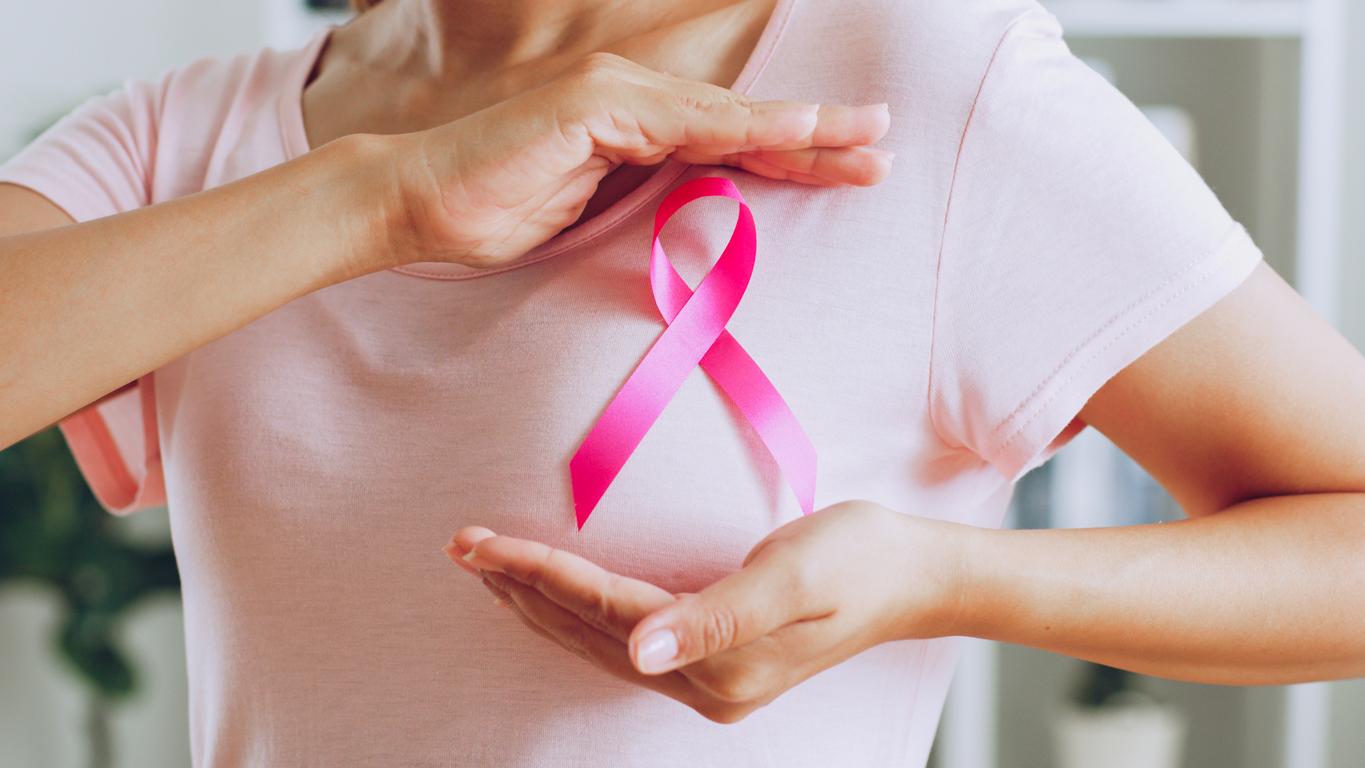
- Aggressive breast cancers called “triple negative” are resistant to traditional treatments.
- Many scientists are therefore looking for new treatments.
- A new trial has demonstrated that a new vaccine can prove effective against triple negative breast cancers.
The first results of a small clinical trial of a vaccine against an aggressive form of breast cancer (or “triple negative”) were presented during a conferenceand researchers say there is reason for optimism.
Why does the new vaccine against aggressive breast cancers raise hope?
This vaccine targets a protein called “α-lactalbumin”, which is present in a large majority of tumors responsible for breast cancer. The objective of this human trial was to determine the maximum dose that patients could tolerate and to verify whether the vaccine produced the immune response expected by researchers.
Sixteen patients who had previously been successfully treated for triple negative breast cancer were recruited into the trial. They all received three doses of vaccine, with an interval of two weeks between each injection.
When the vaccine was administered at the maximum dose previously determined by the researchers, none of the participants reported any significant adverse effects. The only side effect was skin irritation at the injection site. The vaccine was also successful in provoking an immune response in 75% of volunteers.
“The data from our Phase 1 trial exceeded our expectations and we are pleased with our progress,” Dr. Amit Kumar said in a press release. “This vaccine is designed to cause the immune system to destroy cancer cells by a mechanism that has never been used before,” he specifies.
His team is currently recruiting for another trial to test a combination of this new vaccine and an immunotherapy drug called “pembrolizumab”, which is already used to treat various types of cancer.

Why do aggressive breast cancers require a vaccine?
Triple negative breast cancer only accounts for about 10 to 15 percent of cases, but these tumors tend to grow more quickly and have a high risk of recurrence, even after successful treatment.
The term “triple negative” refers to the fact that cancer cells do not have receptors for two hormones, progesterone and estrogen, nor do they overproduce a protein called HER2. This means that many traditional breast cancer drugs, which target HER2 or the hormonal system, do not work.










